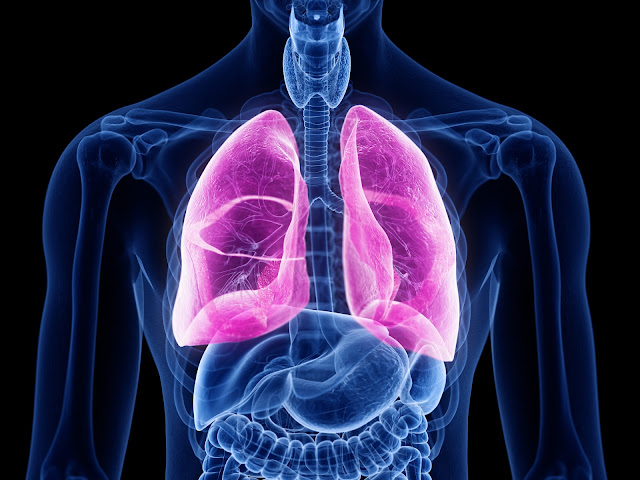Nasal Vaccines and Herd Immunity: Strengthening Community Protection
Nasal Vaccines have emerged as a promising tool in strengthening community protection and achieving herd immunity against infectious diseases. Traditional vaccines are typically administered via injection, but nasal vaccination offer several advantages, including ease of administration, enhanced mucosal immunity, and the potential for broader protection. Let's explore how nasal vaccination contribute to community protection and the establishment of herd immunity.
One of the key benefits of nasal vaccination is their ease of administration. The nasal route provides a non-invasive and painless alternative to injections, making it more convenient and comfortable for individuals, particularly for children and those with needle phobia. This ease of administration increases the likelihood of vaccine uptake and coverage within communities.
Nasal vaccination also target the mucosal surfaces of the respiratory tract, where many pathogens enter the body. By stimulating immune responses at the site of infection, nasal vaccination enhance mucosal immunity, which plays a critical role in preventing the initial colonization and replication of pathogens. This local immune response can reduce the severity of symptoms and limit the spread of infectious diseases within communities.
Furthermore, Nasal Vaccines have the potential to provide broader protection against multiple strains of pathogens. The mucosal immune system is highly interconnected, and immune responses generated at one mucosal site can have effects at other sites. Nasal vaccination can induce a more comprehensive immune response, including the production of secretory antibodies, which can provide cross-protection against related strains or even different viruses within the same family.
In 2023, the Nasal Vaccines Market was estimated to be worth US$ 416.8 million. By 2030, it is anticipated to have grown to US$ 742.6 million, with a compound annual growth rate (CAGR) of 8.6%.
Achieving herd immunity is crucial in controlling the spread of infectious diseases. Herd immunity occurs when a significant portion of the population is immune, either through vaccination or previous infection. By vaccinating a sufficient proportion of individuals with nasal vaccination, herd immunity can be established, offering indirect protection to those who are unable to receive the vaccine or have weakened immune systems. This is particularly important for vulnerable populations, such as infants, elderly individuals, and those with compromised immune systems.
Nasal vaccination also have the potential to reduce the transmission of infectious diseases. Some respiratory viruses, such as influenza and respiratory syncytial virus (RSV), are primarily transmitted through respiratory droplets. By targeting the respiratory tract, Nasal Vaccines can stimulate immune responses that specifically target the virus at its point of entry, potentially reducing viral shedding and transmission within communities.
Phenobarbital has a long history of use and is considered a first-line treatment for epilepsy, particularly in developing countries where it remains an affordable and accessible option.
Nasal vaccination play a crucial role in strengthening community protection and achieving herd immunity. Their ease of administration, ability to enhance mucosal immunity, and potential for broader protection make them a valuable tool in controlling the spread of infectious diseases. By increasing vaccine uptake and coverage, nasal vaccination contribute to the overall health and well-being of communities, protecting vulnerable populations and reducing the burden of infectious diseases.




Comments
Post a Comment